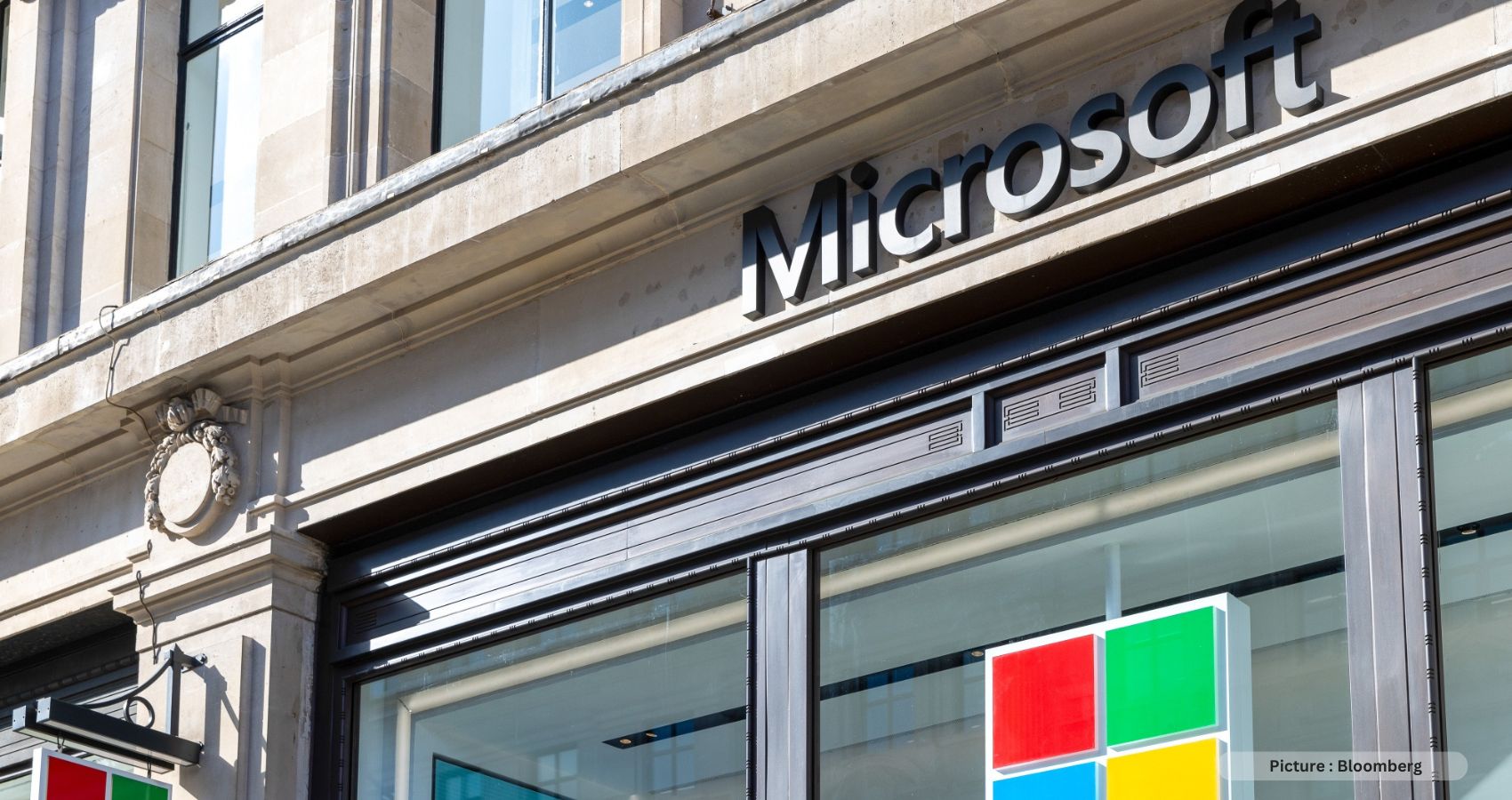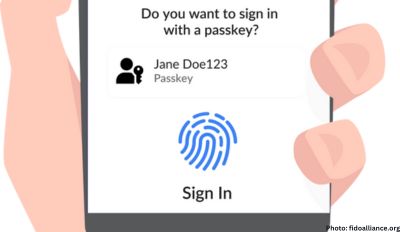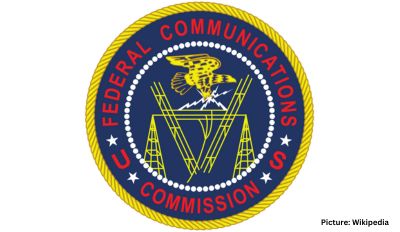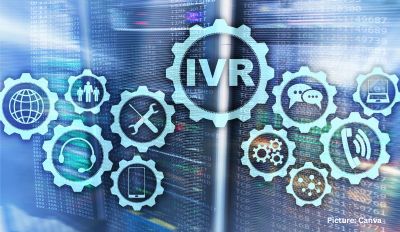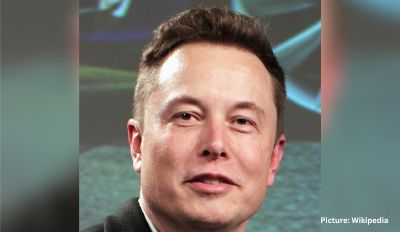Microsoft’s CEO, Satya Nadella, recently delivered a compelling vision of the company’s future at the Envision Tour in London, emphasizing that artificial intelligence (AI) will play a central role and drive a new tech revolution. This bold stance, however, raises concerns about whether Microsoft’s intense focus on AI could potentially overshadow its other successful ventures.
At this event, which primarily caters to enterprise audiences, one standout star was Copilot, Microsoft’s AI assistant that has been making waves on Windows 11 PCs worldwide. While the widespread adoption of Copilot exceeded Microsoft’s expectations, it’s important to note that this AI assistant comes in various forms, integrated into select Microsoft products.
The discussions at Envision shed light on how Copilot is transforming the way Microsoft 365 customers work, with an intriguing session on its integration into GitHub, the open-source code repository that Microsoft acquired a few years ago. Copilot significantly accelerates software development processes. Microsoft is adamant that AI should be viewed as a tool used by humans rather than a replacement for them. Nevertheless, concerns persist that despite Microsoft’s optimism about how Copilot can enhance our lives, there’s the fear that AI might eventually replace human jobs.
Nadella addressed this concern during his keynote, asserting that AI, particularly Copilot, isn’t a threat to employment but an opportunity. He highlighted the potential of AI, particularly in the realm of security, where there’s a shortage of professionals. He argued that AI can facilitate on-the-job training, making job opportunities more accessible to a broader range of individuals. While this is an ambitious idea, the practicality of companies hiring unqualified individuals for significant roles while relying on AI to fill the gaps remains in question. However, Nadella presented a more convincing argument regarding the value of adding AI-related skills to one’s resume, which is a feasible and beneficial step for nearly anyone.
Nadella’s faith in AI hinges on the accessibility of this technology to people worldwide. He envisions a world where every individual has access to a personalized tutor and a virtual doctor in their pocket, transforming their agency and empowerment. His conviction in the profound role AI will play in Microsoft’s future is evident, as he believes we’re on the brink of a monumental revolution.
He drew a parallel between the current AI era and the transformative impact of personal computing, particularly Windows, in the workplace, emphasizing the revolutionary shift in workflow brought about by email, word processing, and spreadsheets.
While Nadella’s enthusiasm for AI is contagious, the assertion that AI is “bigger than the PC, bigger than mobile” is debatable. Despite Microsoft’s AI endeavors, Google and other tech giants continue to dominate certain sectors. However, Microsoft’s Copilot feature in Windows 11 has shown promise, even though it’s in its early stages (still in preview, with a full release forthcoming).
There is a perceptible shift in Microsoft’s vision of itself and its target audience. It appears to be increasingly focused on enterprise users, a shift that extends beyond events like Envision, which were traditionally enterprise-focused. This shift is exemplified by Microsoft’s recent Surface product launches.
Previously, Surface devices were aspirational products aimed at consumers, challenging Apple’s premium offerings. However, the recent Surface lineup consists of iterative, less innovative upgrades. This shift in focus raises concerns that Microsoft is becoming less interested in the consumer market.
The push into AI, while important for Microsoft for various reasons, also raises questions about its commitment to enhancing the lives of consumers, particularly through its Surface devices. These devices could have been the ideal platforms to showcase how AI can improve daily life, but Microsoft’s waning interest in them is apparent.
Despite these concerns, it’s difficult not to be swept up by Nadella’s passion for AI and his unwavering belief in its potential. His statement that “AI is only real to me if it can make a real difference” underscores the importance of AI’s practical applications in real life. While the road ahead may have challenges and uncertainties, Microsoft’s bold AI journey is poised to shape the company’s future and the tech landscape at large.

